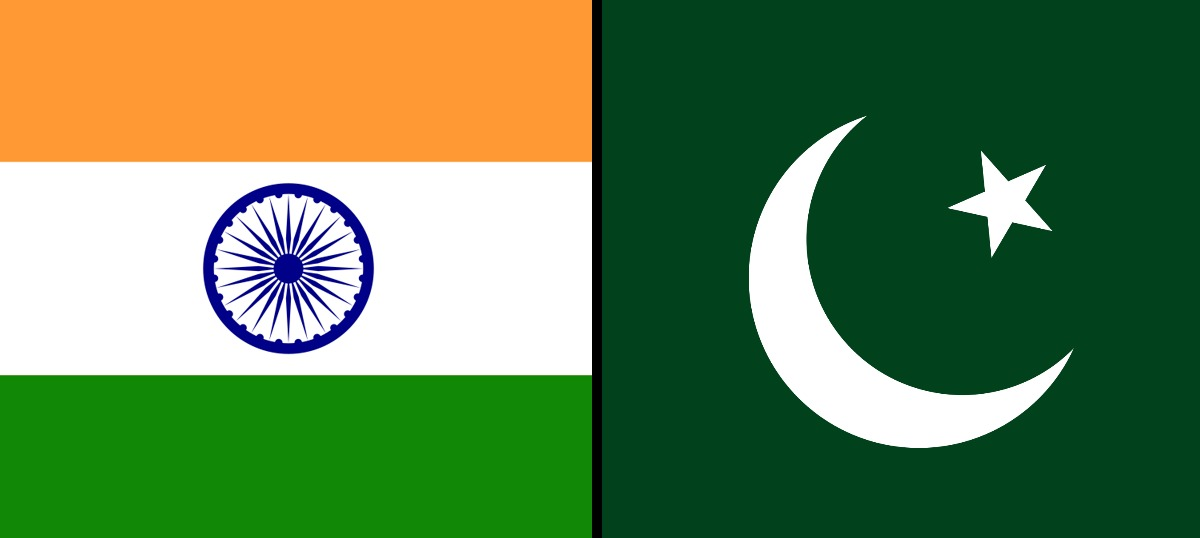News Highlight
There is little bilateral contact between India and Pakistan today, even fewer expectations of a bilateral breakthrough, and hardly any warmth in the relationship.
Key Takeaway
- The BJP government in New Delhi began with the standard package of engaging Pakistan.
- There was the invitation extended to Nawaz Sharif (the then Pakistan Prime Minister) for Narendra Modi’s inaugural function in New Delhi (2014), which Mr Sharif attended, followed by Mr Modi’s surprise visit to Lahore (2015).
India-Pakistan relations
- Bilateral trade:
- The total bilateral trade between India and Pakistan was USD 329 million in 2020-2021. As per the ministry of commerce, this went up to USD 514 million in 2021-2022, with Indian exports outnumbering imports from Pakistan.
- Strategic:
- Under the Agreement on the Prohibition of Attacks against Nuclear Installations and Facilities, India and Pakistan have regularly exchanged a list of their nuclear installations.
- Water sharing agreement:
- The Indus Waters Treaty is a water-sharing agreement between India and Pakistan, signed in 1960. The World Bank brokered it.
- Cultural relations:
- The Kartarpur Corridor is a visa-free border crossing and a religious corridor connecting the Gurdwara Darbar Sahib, near Lahore in Pakistan, to the Gurudwara Dera Baba Nanak, in Gurdaspur district, Punjab, India.
- Connectivity:
- The Samjhauta Express is a bi-weekly train that runs between Delhi and Attari in India and Lahore in Pakistan, and now it is temporarily stopped.
Issues and Challenges in India-Pakistan Relations
- Security concerns:
- Cross-border terrorism and proxy war support to Kashmiri separatists, and also training of militant groups, cause to create conflict in the valley.
- Money laundering:
- Counterfeit currency is being propagated in India and is impacting the Indian economy.
- China-Pakistan nexus:
- The China–Pakistan Economic Corridor (CPEC) is a collection of infrastructure projects under construction throughout Pakistan that started in 2013.
- It violates India’s sovereignty as it passes through Pakistan-occupied Kashmir (PoK).
- Gilgit-Baltistan:
- It is occupied by Pakistan but is a part of Jammu and Kashmir. Its location offers more significant potential for linkages with central Asia.
- Diplomatic downgrade:
- India and Pakistan downgraded their diplomatic ties and reduced 50% of their staff.
- Narcotic drug:
- As Pakistan is close to the Golden Crescent, one of the significant opium-producing areas, there is a chance to smuggle narcotics into India.
Importance of India-Pakistan good relations
- Easy access to Afghanistan and beyond:
- It can help in the development of Afghanistan and also connect the region to Central Asia, where India has export potential and the area is rich in minerals.
- Decrease military spending:
- Significant expenditure of our military spending is because of unrest from our neighbours.
- Good relations with them would probably reduce military expenditure.
- Trade potential:
- There is a $40 billion trade potential between India and Pakistan, which is unrealised due to issues in bilateral relations.
- Mutual growth:
- A stable Pakistan can bring peace to India and help focus on more considerable poverty and development issues in both nations.
- Energy security:
- The Turkmenistan–Afghanistan–Pakistan–India Pipeline (TAPI), is also known as the Trans-Afghanistan Pipeline.
- It is a 1,814km natural gas pipeline from Turkmenistan that passes through Afghanistan and Pakistan to reach India.
- The project is not yet finished.
Content Source: The Hindu



